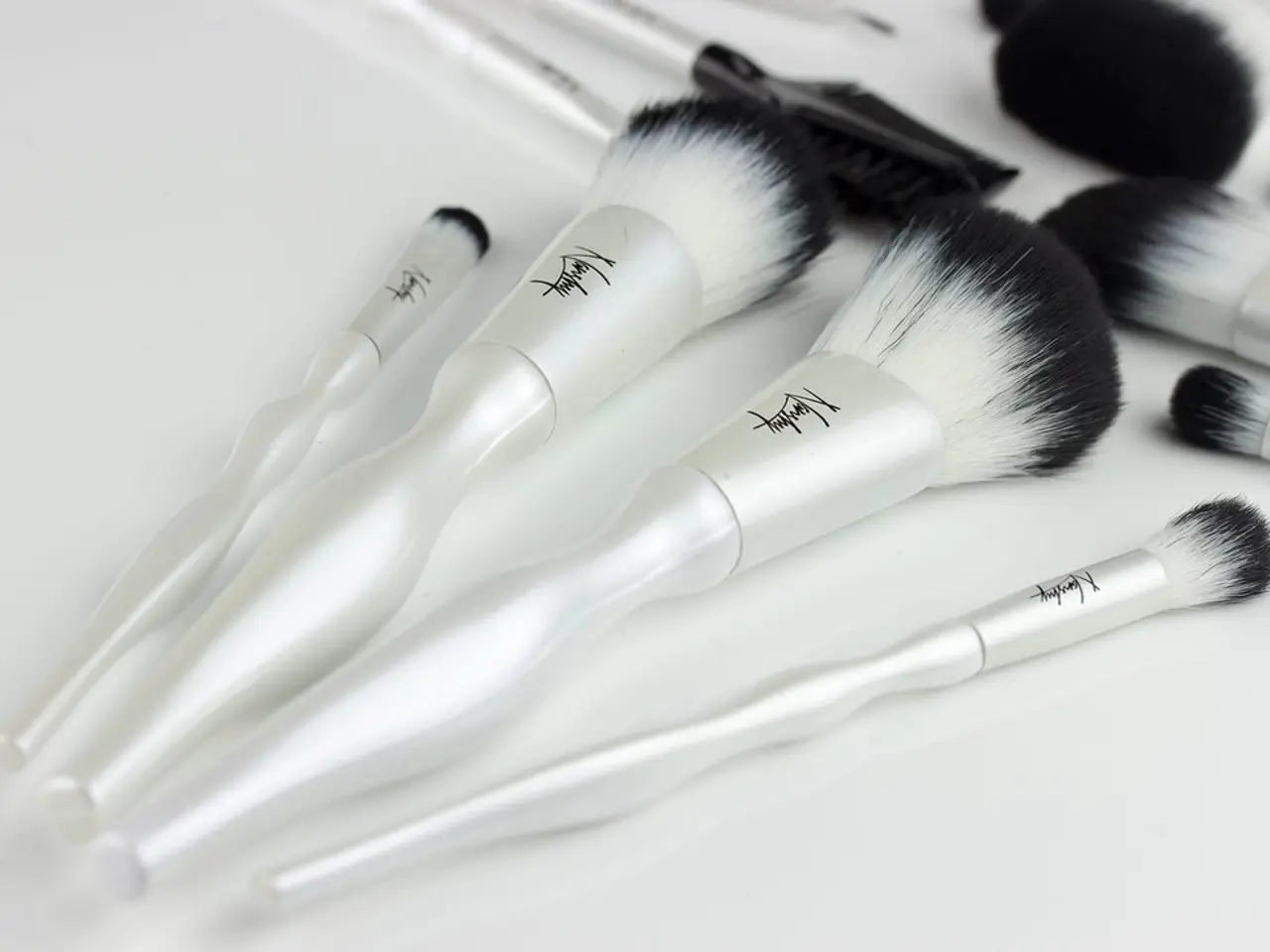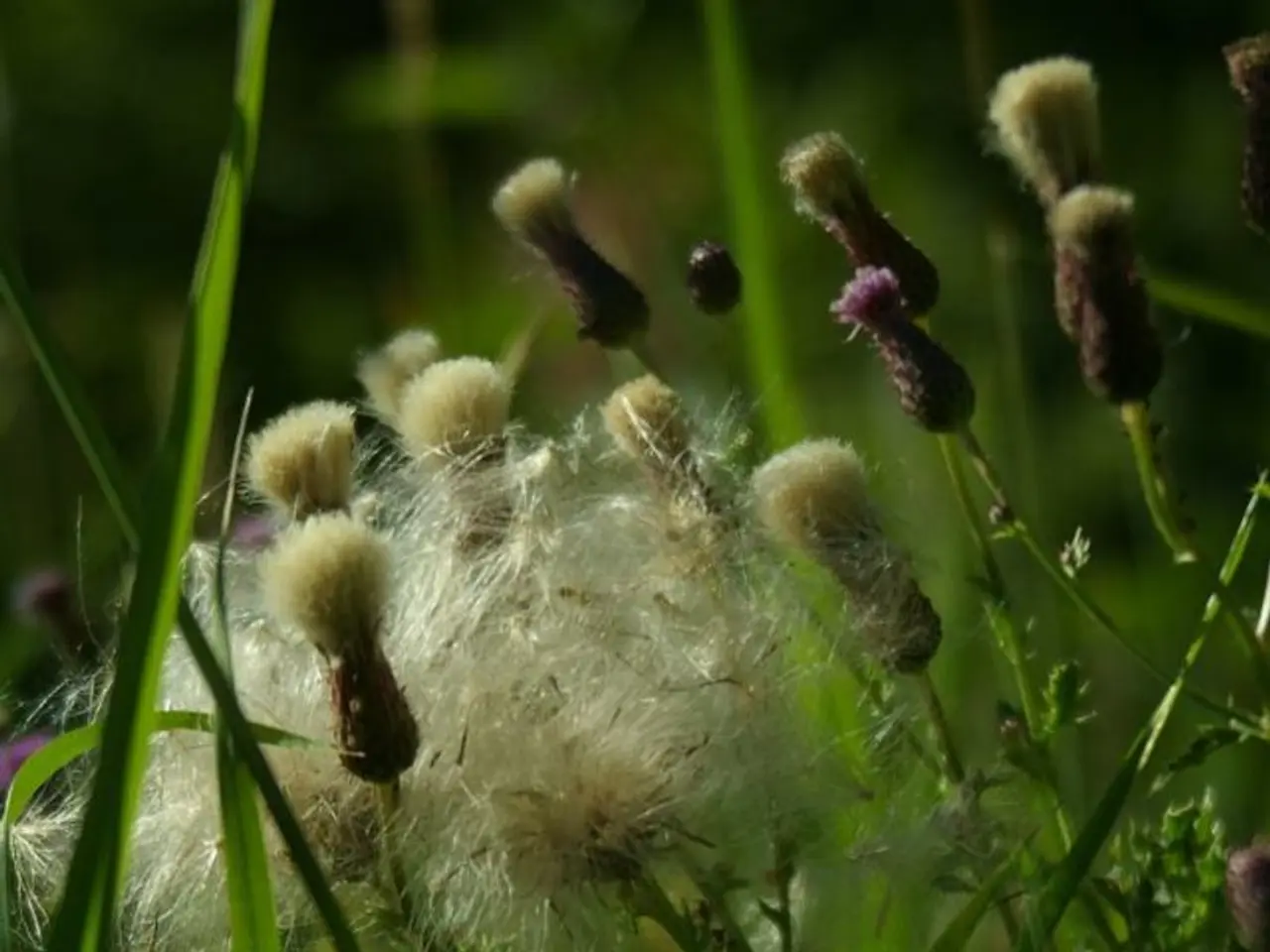Dry brushing: Understanding Advantages, Misconceptions, and Proper Techniques for Dry Brushing
Dry brushing, a popular self-care routine, has been gaining traction in wellness circles for its claimed benefits on circulation, lymphatic drainage, and immune function. However, the scientific evidence supporting these claims is limited and largely indirect.
The practice of dry brushing provides mechanical exfoliation, removing dead skin cells and temporarily improving skin texture and appearance. It creates rhythmic friction that may stimulate superficial capillary microcirculation and mimic manual lymphatic drainage techniques, potentially enhancing lymphatic flow somewhat. Some wellness sources suggest that this stimulation can promote detoxification and boost immunity by improving lymph movement and circulation.
However, dermatologists and scientific assessments emphasize that the evidence for these effects is minimal and mostly anecdotal. While dry brushing may encourage blood flow in the superficial skin layers and support lymphatic return, this does not equate to significant systemic immune enhancement or toxin removal. Professional critiques note that dry brushing primarily acts as a gentle exfoliation method and that claims of reducing cellulite or significantly boosting immune function lack robust clinical backing. Overstating lymphatic benefits is common in marketing but not strongly substantiated.
In summary, dry brushing can improve skin exfoliation and may mildly enhance superficial skin circulation and lymph flow, but strong scientific proof for systemic immune benefits or effective lymphatic detoxification is lacking. More rigorous research is needed to confirm these health claims.
It is essential to note that dry brushing is not ideal for all skin types. Those with open wounds, sunburn, or inflammatory conditions should avoid physical exfoliation. For the face, it is best to use a softer brush, as the skin is more sensitive.
Engaging in relaxing activities like dry brushing may help reduce stress, which in turn could support the immune system. However, it is crucial to remember that dry brushing is not a cure or treatment for any medical condition. Aggressive exfoliation can damage the skin, so it's essential to practice dry brushing gently and mindfully.
Myths surrounding dry brushing include claims that it improves heart health, reduces cellulite, and boosts the immune system. While these claims are common, there is no scientific evidence to support them. The only confirmed benefit of dry brushing is exfoliation, which helps remove dead skin cells, making the skin appear smoother.
In conclusion, while dry brushing may offer some cosmetic benefits, it is crucial to approach its health claims with a critical eye. More research is needed to substantiate the claims of improved circulation, lymphatic drainage, and immune function. Until then, dry brushing should be viewed as a gentle exfoliation method with potential stress-reducing benefits.
- The practice of dry brushing, while potentially enhancing lymphatic flow and simulating superficial capillary microcirculation, does not provide strong scientific proof for systemic immune benefits or effective lymphatic detoxification, especially in conditions like Alzheimers, depression, rheumatoid arthritis, or warts.
- In the realm of fashion-and-beauty and home-and-garden, dry brushing may help remove dead skin cells, making the skin appear smoother, but its role in predicting or treating health issues such as lifestyle-related diseases is not supported by scientific evidence.
- Despite the claims suggesting dry brushing may reduce cellulite or boost the immune system, or even improve heart health, there is no clinical backing for these assertions, which can be seen as misleading.
- While stress-reducing benefits of activities like dry brushing could indirectly support the immune system, it should be clarified that dry brushing is not a cure or treatment for medical conditions like arthritis or Alzheimers.
- Engaging in gentle and mindful dry brushing could help improve one's cosmetic appearance by promoting skin exfoliation, but it's crucial to approach the health claims associated with dry brushing with a critical perspective until more concrete evidence arises.




